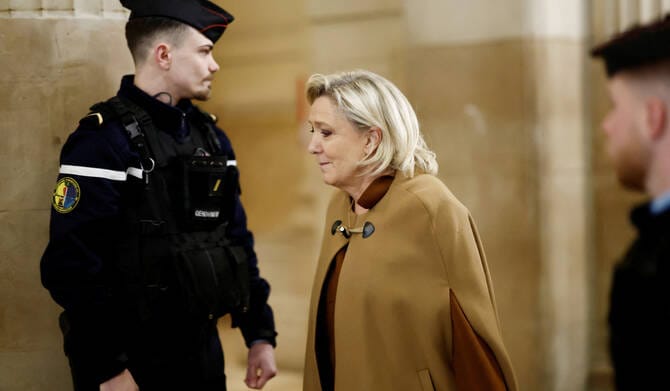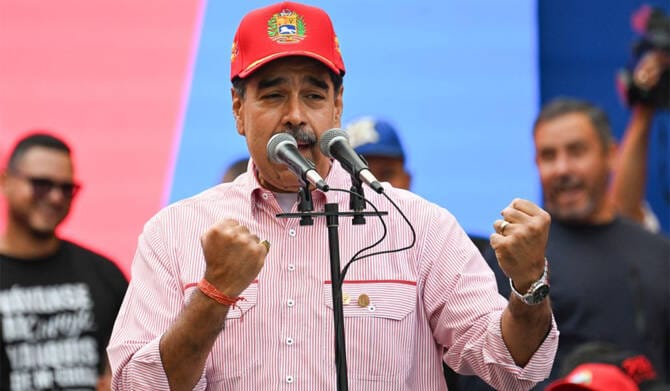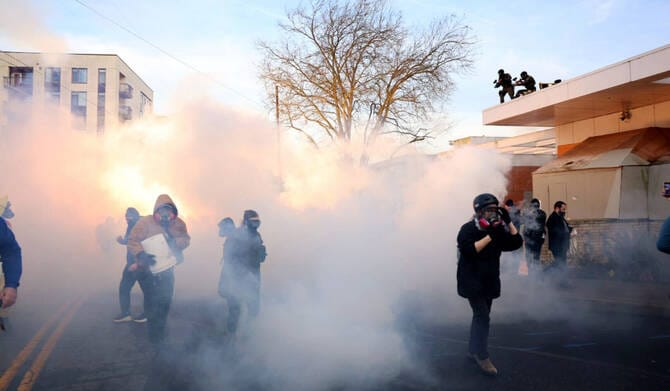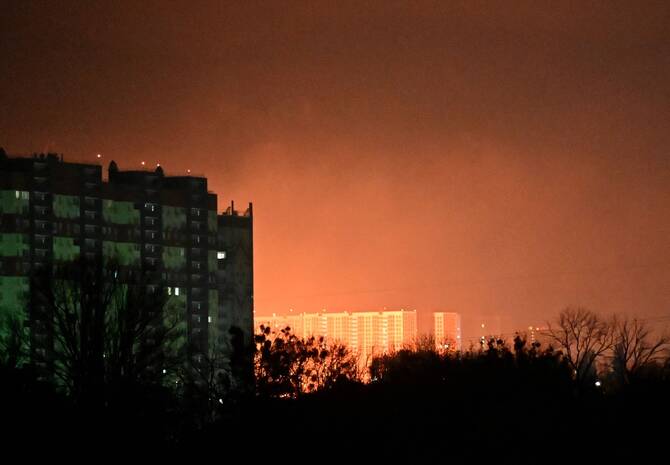O Sudan, When a Chief Is Assassinated, the Nation Itself Is Struck
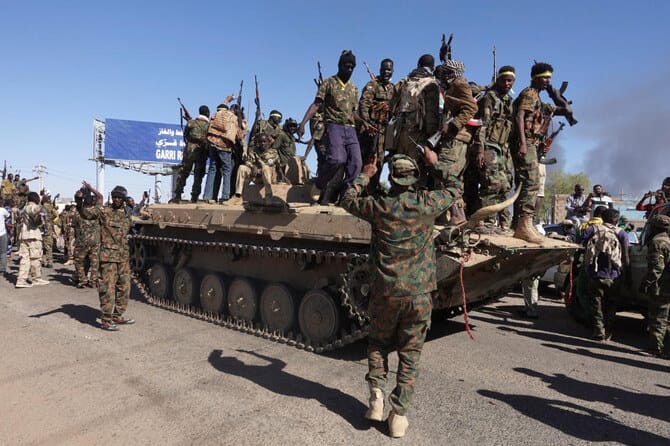
As battlefronts continue to shift in painful ways, field testimonies and multiple reports indicate a systematic targeting of civilians living in areas under Rapid Support Forces (RSF) control—an apparent attempt to widen the war’s scope and deepen the psychological fracture among citizens of the same nation. Conversely, statements issued by the RSF leadership have publicly rejected the targeting of civilians in army-held territories, stressing their commitment to avoiding racist rhetoric or collective revenge, and their desire to preserve what remains of a national fabric now on the brink of disintegration.
Our chief—Suleiman Jaber Jumaa Sahl—has been killed. The world has witnessed the horror of an assault on a community gathering that should have been a haven for dialogue and care. His death struck like thunder in the collective memory, leaving a wound that will not easily heal. Those who perpetrated this crime have exhausted every deceitful trick, and now, cornered by the pressures of the Quartet, have resorted to sending drones to vent their rage and display their hatred towards the rural communities that rose against them—communities that stood for justice, rejecting the doctrine of tyranny, division, and malice that has guided these criminals from the start.
This assassination is not merely an attack on a person; it is an assault on one of Sudan’s historic households, on a memory woven through generations, on a social fabric whose erasure could bring down the nation itself—inscribing yet another dark page in our national story. Now, with both grief and alarm, we must confront this crime as a summons to unity and accountability: to uproot the sources of hatred, dismantle the machinery of manipulation, and rebuild a homeland that neither kills its symbols nor pits its sons against one another.
Every assault on a figure of such moral stature is an attack on the very essence of Sudanese social life—on the symbolic order shaped by our noble houses, repositories of wisdom, leadership, and honor that have withstood the tempests of politics. When the pillars of this moral architecture are bombarded, it is not a single branch that breaks—it is the roots of belonging that tremble, leaving us scattered and exposed.
Corruption has long thrived in this country by targeting its moral and national icons—seeking to erase Sudanese values and clear the field for opportunists, loyalists, and despots. Thus, the national edifice crumbles, and degenerates ascend to the summit of power upon the ruins of our history. This deliberate moral sabotage has dragged us into today’s wretched cycle of war. Condemnation, therefore, is not a luxury—it is a duty to defend the honor of memory, to safeguard the right of future generations to a history unbroken by betrayal.
And because this land still holds hearts that know the difference between nation and faction, standing against the targeting of community leaders today is not a tribal cause—it is a national civic stance to protect what remains of our fragile unity. Our anger must not beget new divisions; it must be transformed into a moral demand for justice, into a collective will to protect civilians and traditional leaders who guard us from collapse.
May God have mercy on those who have fallen. Their deaths were not in vain—they are reminders that the blood spilled is a trust upon our shoulders. Defending our communal leaders is not a call of tribalism, but a call to conscience—a summons to a state that respects law and dignity. Justice alone can prevent our mourning from becoming an unending chain of vengeance. Let us turn sorrow into resolve, and grief into a call for reform and cohesion.
In the end, there can be no sustainable future for Sudan so long as the influence of the Muslim Brotherhood (the corrupt “Kizan”) remains entrenched in the structures of power. Their policies were never mere administrative failures or errors of judgment; they were deliberate instruments of domination—designed to neutralize national values and weaponize division and war as tools for survival.
It is time to dismantle this grip—not through transient vengeance, but through a clear constitutional path: independent judicial accountability, the dismantling of financial and political networks of control, and institutional reform that restores the state’s sovereignty and the citizen’s dignity. Our national destiny demands decisive legal and political action that ensures a genuine transition to civilian rule—one that acknowledges diversity and protects unity, instead of perpetuating the circles of violence and revenge.


